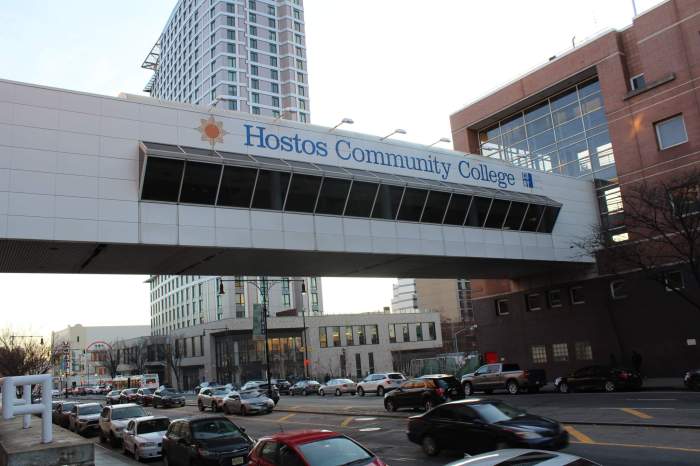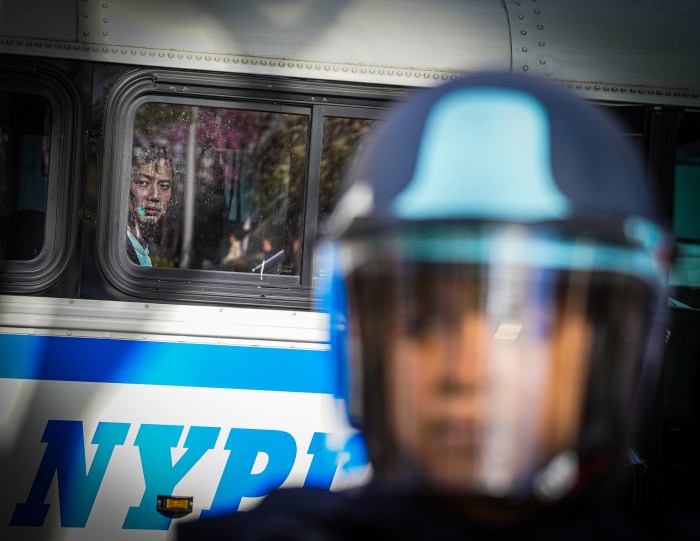Federal appeals courts split over legitimacy of gay oppression testimony of two arrivals
Federal appeals courts on opposite coasts have split over the Board of Immigration Appeals’ refusals to grant asylum to two gay men from China. The two decisions reflect a fundamental disagreement about the evidentiary weight to be given to airport interviews of newly-arrived asylum applicants by U.S. immigration officials,
On November 13, the 3rd Circuit Court of Appeals in Philadelphia rejected Zhen Xiung Lin’s asylum petition, while on November 18, the 9th Circuit Court of Appeals in San Francisco reversed the Immigration Appeals Board ruling in the case of Quan Fa Chen. In both cases, the courts designated that their opinions not be published or treated as a “precedent,” but such opinions certainly send a conflicting message to immigration officials.
The 3rd Circuit opinion, by Chief Circuit Judge Anthony J. Scirica, found that an immigration judge had correctly concluded that Lin’s claims of being persecuted because he is gay lacked credibility, partly because of conflicting details in the stories he gave under oath and also because when Lin first arrived at a U.S. airport without a valid visa he said nothing about fleeing anti-gay persecution.
“As a basis for the credibility determination,” wrote Scirica, “the judge commented on the degree to which Lin’s story was ‘embellished’ during repeated retelling. The judge observed that in sworn statements in an interview at the airport, Lin made no mention of homosexuality or of past torture, arrests, or detentions.” Only later, after having a chance to consult an attorney, did Lin divulge his story of persecution in China during the course of a subsequent interview, and a more detailed account as part of his formal written petition for asylum.
The immigration judge had also “found Lin’s demeanor unconvincing due to his ‘hesitation’ and ‘feigned inability to respond to questions.’”
The appeals board affirmed the judge’s decision and denied asylum.
The court of appeals found that the decision was supported by substantial evidence, also taking into account a State Department document claiming that attitudes toward homosexuality have moderated in China and that the government no longer instructs local officials to prosecute homosexuals.
The appeals court also rejected the argument that Lin’s “shyness” and fear of persecution could excuse the inconsistencies in his testimony.
By contrast, a 9th Circuit opinion discounted the discrepancies between airport interviews and later statements of Chen, who also said nothing about homosexuality during his initial interview. Only during subsequent testimony, after consulting with a lawyer, did Chen reveal that he was fleeing anti-gay oppression.
There are clear differences between the two cases. During his airport interview, Lin had answered “no” when asked if he had been subjected to persecution in China, while Chen answered yes.
Inexplicably, the immigration officer who questioned Chen did not follow up by asking for a description of the persecution, perhaps because Chen’s response was: “My family raise pigs and do not make much money.” Lin responded that he left China because he was one of four children.
But neither Chen nor Lin said anything about homosexuality in their initial interview.
The 9th Circuit’s opinion was an unsigned memorandum from a three-judge panel. The court wrote, “Even if we agreed with the Immigration Judge that there was a variance between Chen’s initial interview and his subsequent testimony, answers given at an initial, perfunctory interview with immigration officials shortly after arrival are not sufficiently reliable to constitute substantial evidence supporting an adverse credibility determination. Here, numerous factors call into question the reliability of Chen’s initial interview: linguistic difficulties with the Mandarin translation; the fact that the statement itself provided no information as to how the interview was prepared, and the absence of a recorded opportunity for an explanation as to the basis for one’s fears; the stressful circumstance of entry into a new country; and the recognition that an arriving alien who has suffered abuse during interrogation sessions by government officials in his home country may be reluctant to reveal such information during the first meeting with government officials in this country.”
The 9th Circuit panel’s comments go to the heart of the issue.
Newly-arrived asylum applicants, who may lack knowledge about what they can or cannot reveal without incurring retaliation or punishment, who have suffered anti-gay discrimination in their home countries, are likely to be very hesitant to identify themselves as gay to U.S. immigration officials who encounter them as soon as they get off the plane, lacking an entry visa and sometimes having no documentation ready at hand for their persecution claims. It is not surprising that their initial stories are tempered by fears of what they may encounter.
We also publish:


































